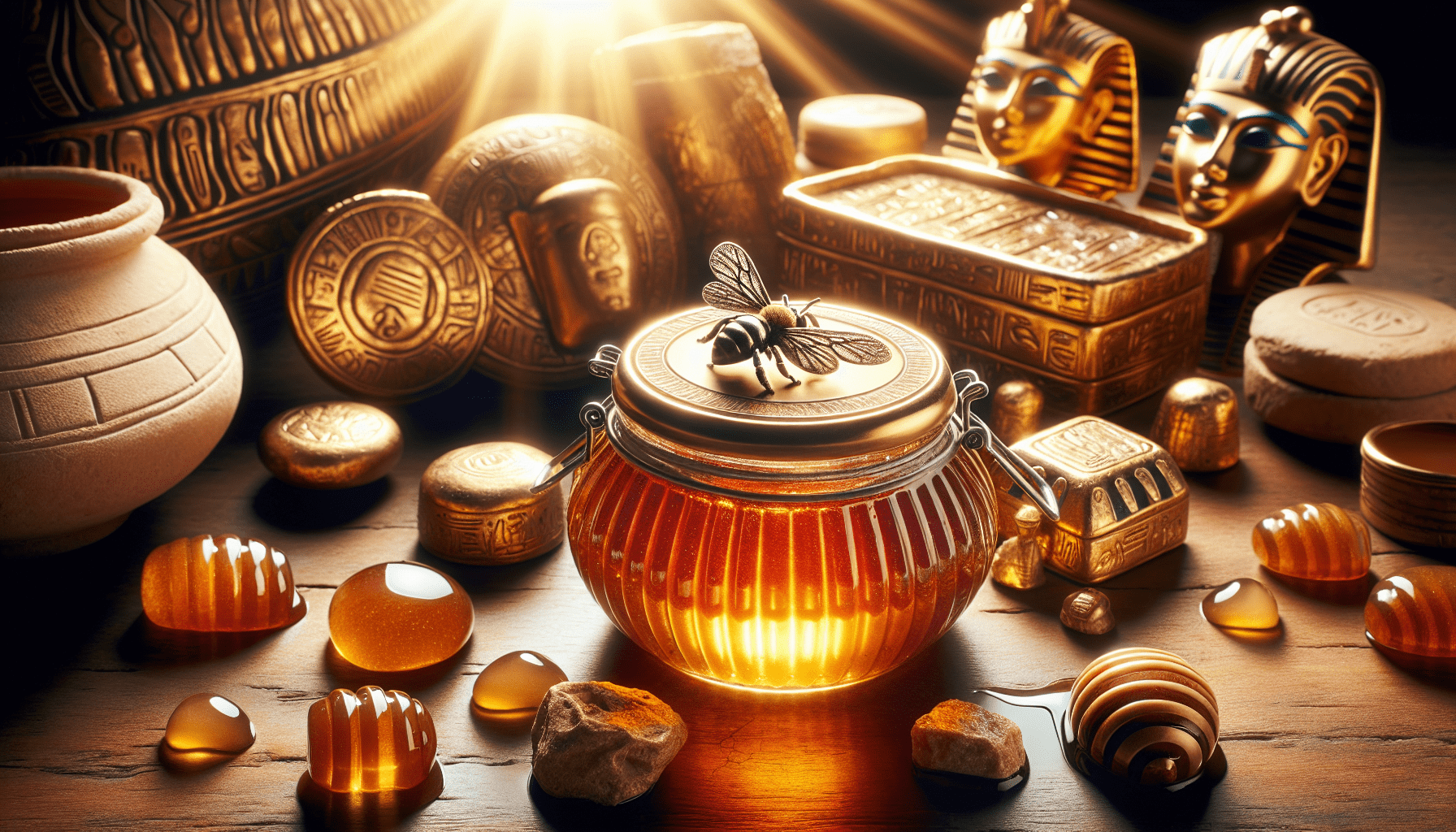
Consider the differences between honey and other sugary foods. While jam may mold or candy can crystallize, honey remains stable. Its natural composition involves a variety of sugars, primarily fructose and glucose, which not only sweeten but also contribute to its long shelf life. When properly sealed and stored, honey essentially becomes a time capsule of nutrition.
Another fascinating aspect of honey’s longevity is its taste. Over the years, it may undergo slight changes in flavor due to the natural processes affecting its sugars and aromatic compounds, yet it does not spoil in the conventional sense. This means that honey can provide a sweet touch to dishes long after it’s been harvested, making it a fantastic pantry staple.
Scientific Reasons Behind Honey’s Preservation
The preservation qualities of honey are deeply rooted in its unique chemical composition. One of the key factors is its low moisture content, generally around 17-18%. This makes it challenging for microorganisms to thrive. When combined with its acidity, which typically falls between pH 3.2 to 4.5, honey establishes an environment that is utterly uninviting for bacteria and molds. These bugs are often the culprits behind food spoilage, so the absence of water and the acidic surroundings are significant deterrents.
Another fascinating component is hydrogen peroxide, a natural byproduct of the enzymatic reaction that occurs when bees process nectar. When diluted, hydrogen peroxide shows antibacterial properties. This biological defense mechanism further fortifies honey against spoilage, allowing it to resist microbial invasion. This means that honey doesn’t just rely on its sugar concentration for preservation but also employs these natural compounds to maintain its integrity over time.
The process through which bees create honey also plays a role in its long shelf life. During the transformation from nectar to honey, volatile compounds are emitted, allowing for water evaporation. This results not only in a thick, stable final product but also minimizes the potential for spoilage. Even if honey is exposed to air, it can absorb moisture, but unless it becomes excessively diluted, it still maintains its protective qualities.
Lastly, the floral source of the nectar can also influence honey’s longevity. Some varieties, like manuka honey, are globally recognized for their superior antibacterial properties. These types can sometimes possess unique compounds that contribute even further to their durability. When it comes to food preservation, honey stands out as a true champion, living up to its reputation as nature’s sweet dynamo.

